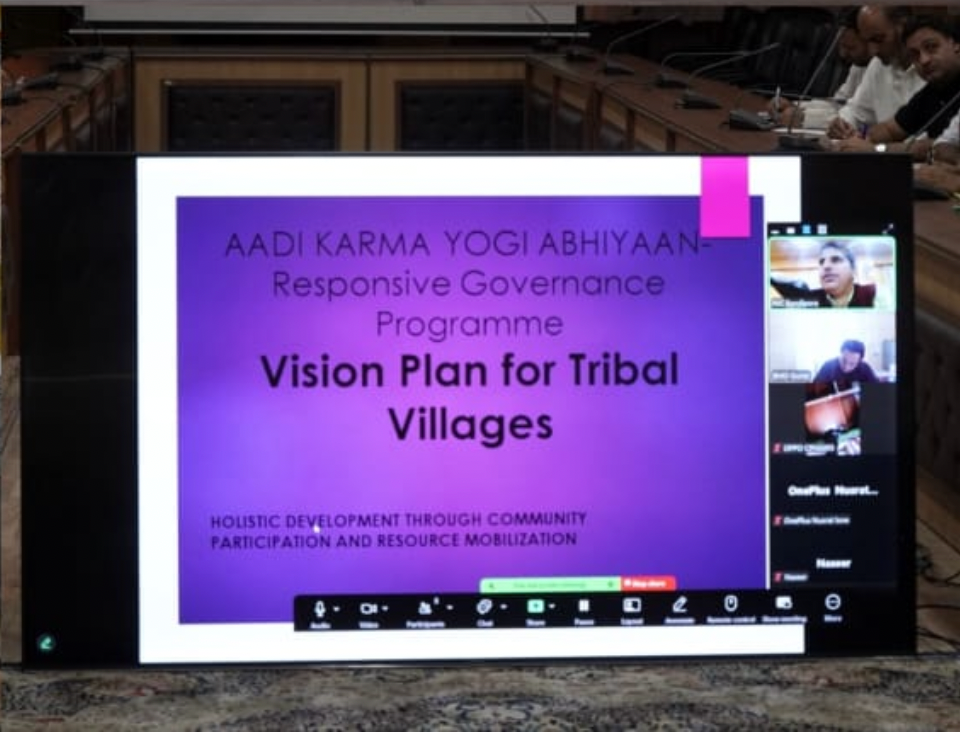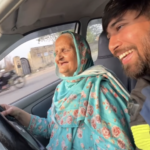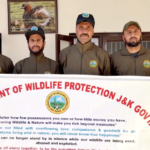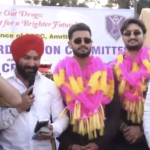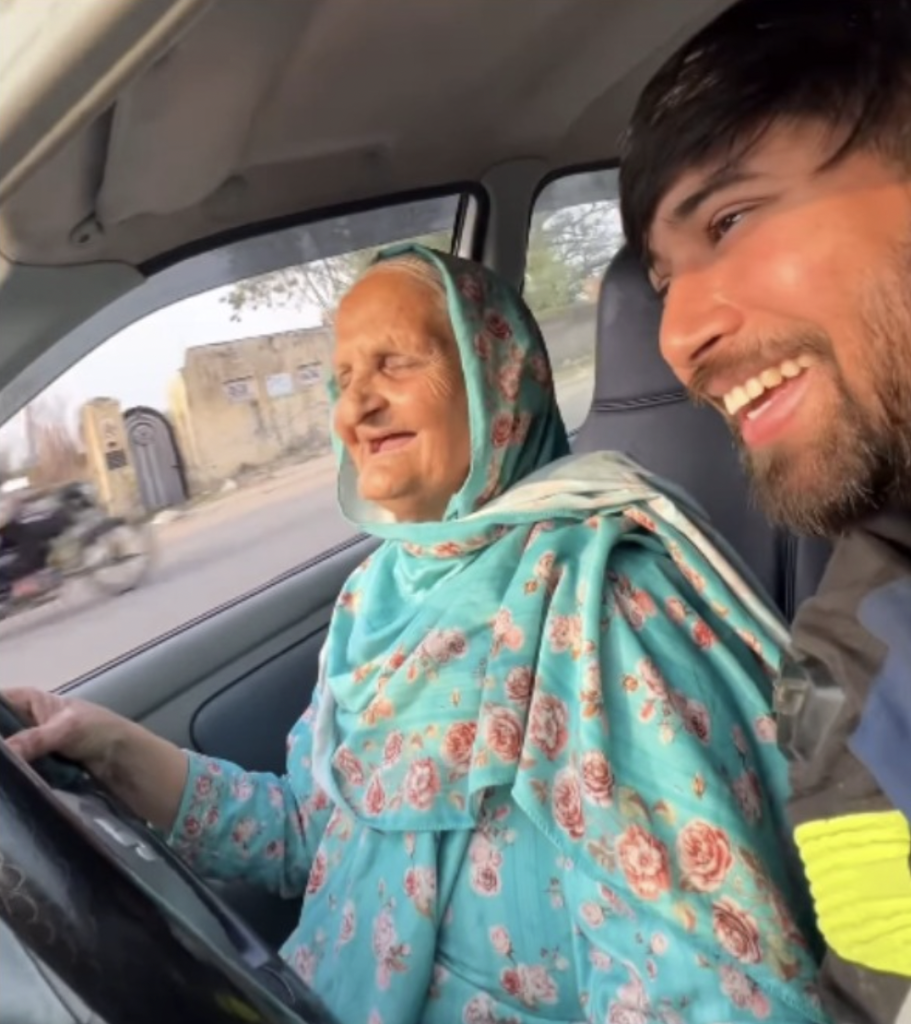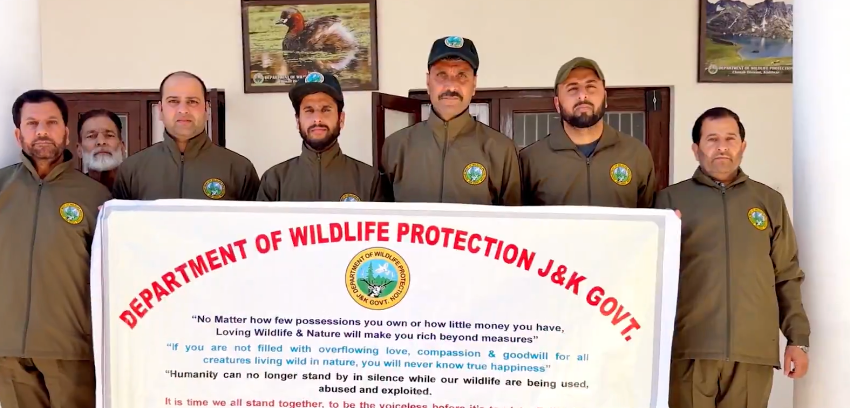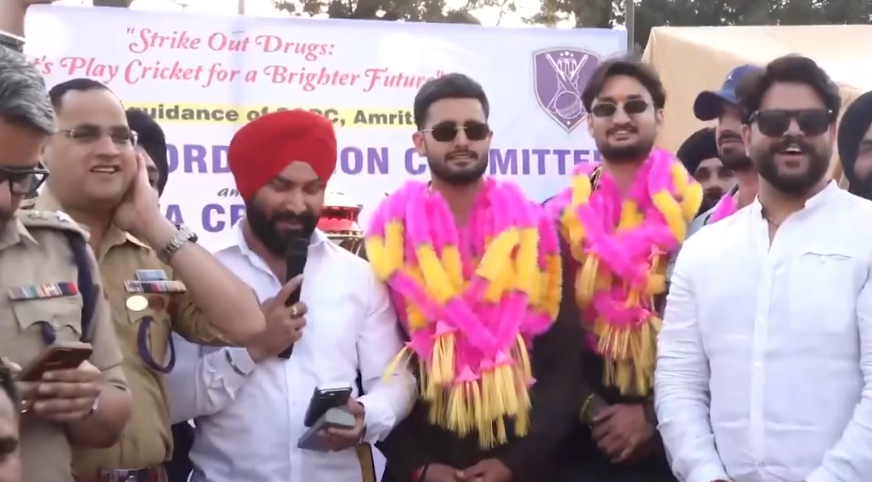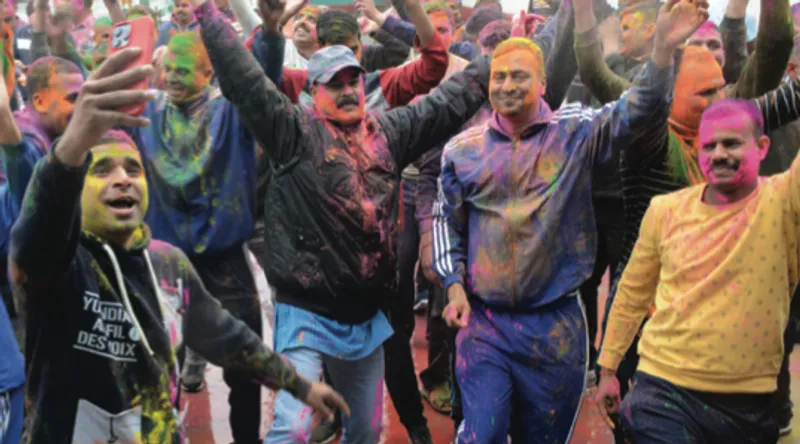Bandipora, August 28, 2025 – In a significant step towards empowering tribal communities in Jammu and Kashmir, the District Administration of Bandipora organized a one-day workshop on the Vision Plan for Tribal Villages under the Aadi KarmaYogi Abhiyaan at the conference hall of the Mini Secretariat on Thursday. The event, attended by key district officials and nominated tribal volunteers, underscored the government’s commitment to holistic development through community-driven initiatives.The workshop, part of the national Aadi KarmaYogi Abhiyaan launched by the Ministry of Tribal Affairs, focused on creating a comprehensive roadmap for the sustainable growth of tribal villages. Participants emphasized the importance of community participation and resource mobilization to address longstanding challenges faced by these remote areas. Discussions highlighted the need for drafting a detailed vision plan following extensive surveys, demographic profiling, and consultations with Gram Sabhas and tribal leaders.
Key objectives outlined during the session included setting short-term, mid-term, and long-term goals across critical sectors such as infrastructure development, healthcare, education, sanitation, and digital connectivity. Special emphasis was placed on livelihood promotion, encompassing agriculture, livestock rearing, fisheries, eco-tourism, and forest-based products. The plan also prioritizes identifying vulnerable groups within tribal populations and preserving traditional skills, indigenous crafts, practices, and cultural wisdom to ensure inclusive progress.District Programme Officer, ICDS, Yaar Ali Khan, addressed the gathering and stressed the urgency of mapping essential infrastructure needs, including roads, electricity, water supply, health services, and educational facilities. He advocated for strategies to foster sustainable income generation while appreciating the collaborative efforts of all stakeholders. Khan reiterated the administration’s resolve to transform tribal villages into self-reliant, digitally empowered, and socially vibrant model communities.Participants lauded the initiative for its potential to strengthen community institutions and promote self-sustainability.
The workshop aligns with the broader Aadi KarmaYogi Abhiyaan, a flagship program under the Dharti Aba Janjatiya Gram Utkarsh Abhiyaan (DAJGUA), aimed at building a cadre of 20 lakh grassroots change leaders across over 1 lakh tribal-dominated villages in India. This national mission, guided by principles of Sewa (service), Sankalp (resolve), and Samarpan (dedication), seeks to enhance last-mile delivery of welfare schemes and foster responsive, people-centric governance.The event saw participation from prominent figures including the Additional Deputy Commissioner (ACD) Bandipora, Deputy Chief Executive Officer (Dy. CEO) Bandipora, Chief Medical Officer (CMO) Bandipora, District Social Welfare Officer (DSWO) Bandipora, Chief Animal Husbandry Officer (CAHO) Bandipora, Chief Agriculture Officer (CAO) Bandipora, and nominated tribal volunteers. This collaborative approach is expected to pave the way for targeted interventions that bridge developmental gaps in Bandipora’s tribal regions.However, the workshop was not without controversy.
Reports emerged of a violation of the recent ban on single-use plastics (SUP) at the Mini Secretariat, where plastic water bottles were served to attendees, drawing criticism for undermining environmental directives issued by Deputy Commissioner Indu Kawal Chib. The ban, aimed at promoting eco-friendly practices, mandates the use of alternatives like steel bottles and strict enforcement at entry points.The Aadi KarmaYogi Abhiyaan represents a transformative effort to integrate tribal communities into mainstream development, ensuring equitable access to government schemes and opportunities. As Bandipora moves forward with implementing the vision plan, local leaders hope it will catalyze real change, fostering resilience and prosperity in tribal villages.

